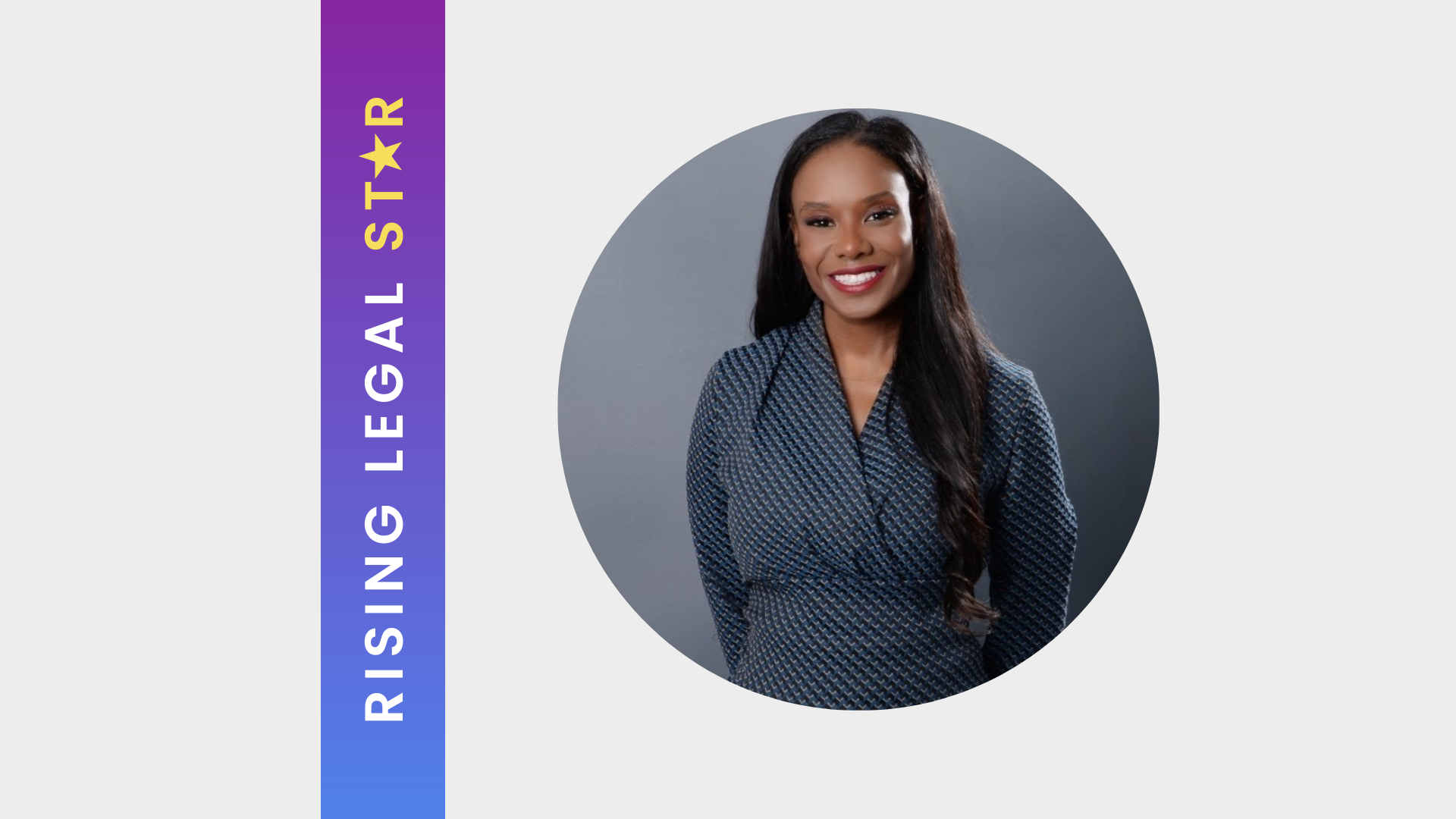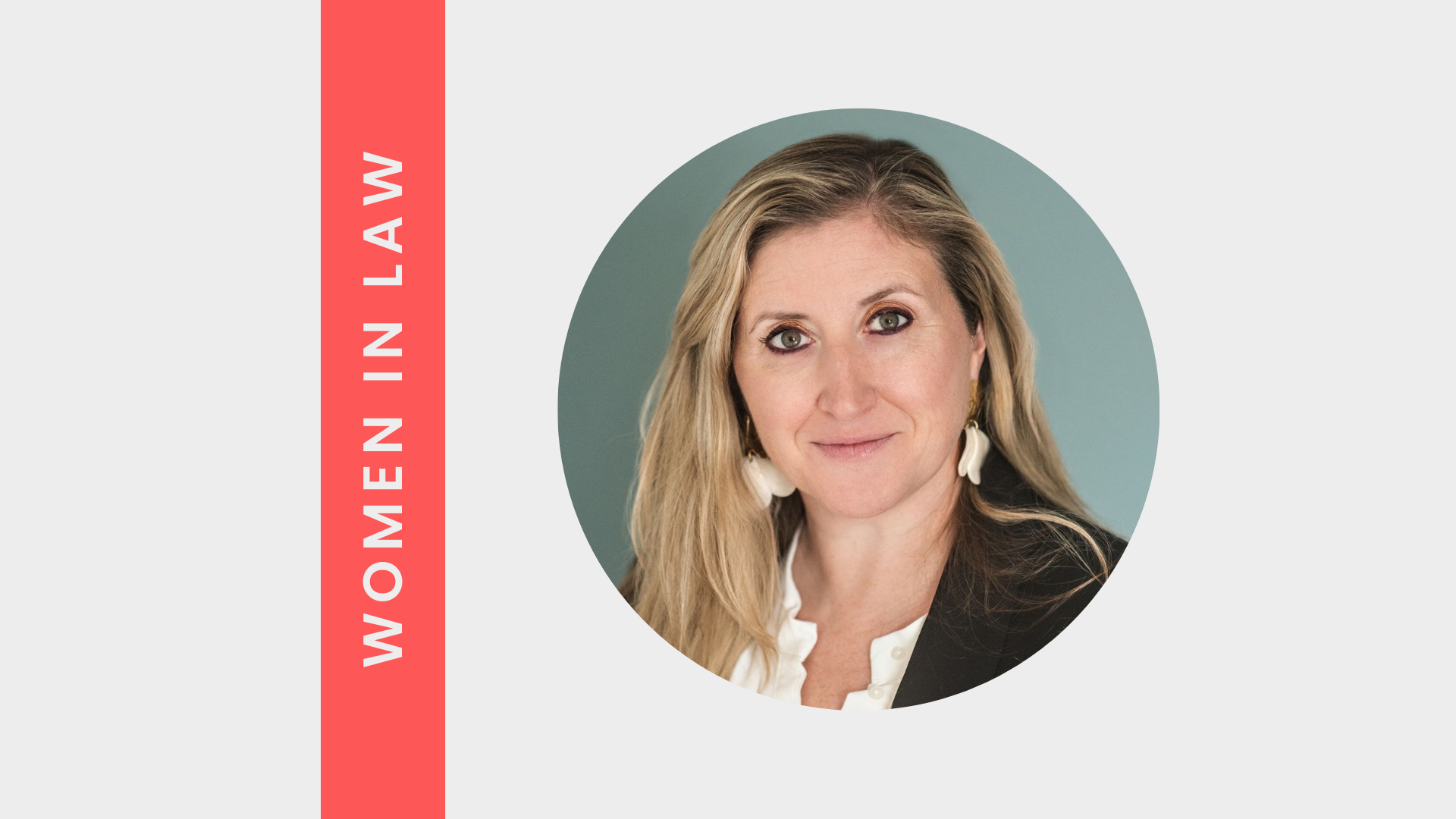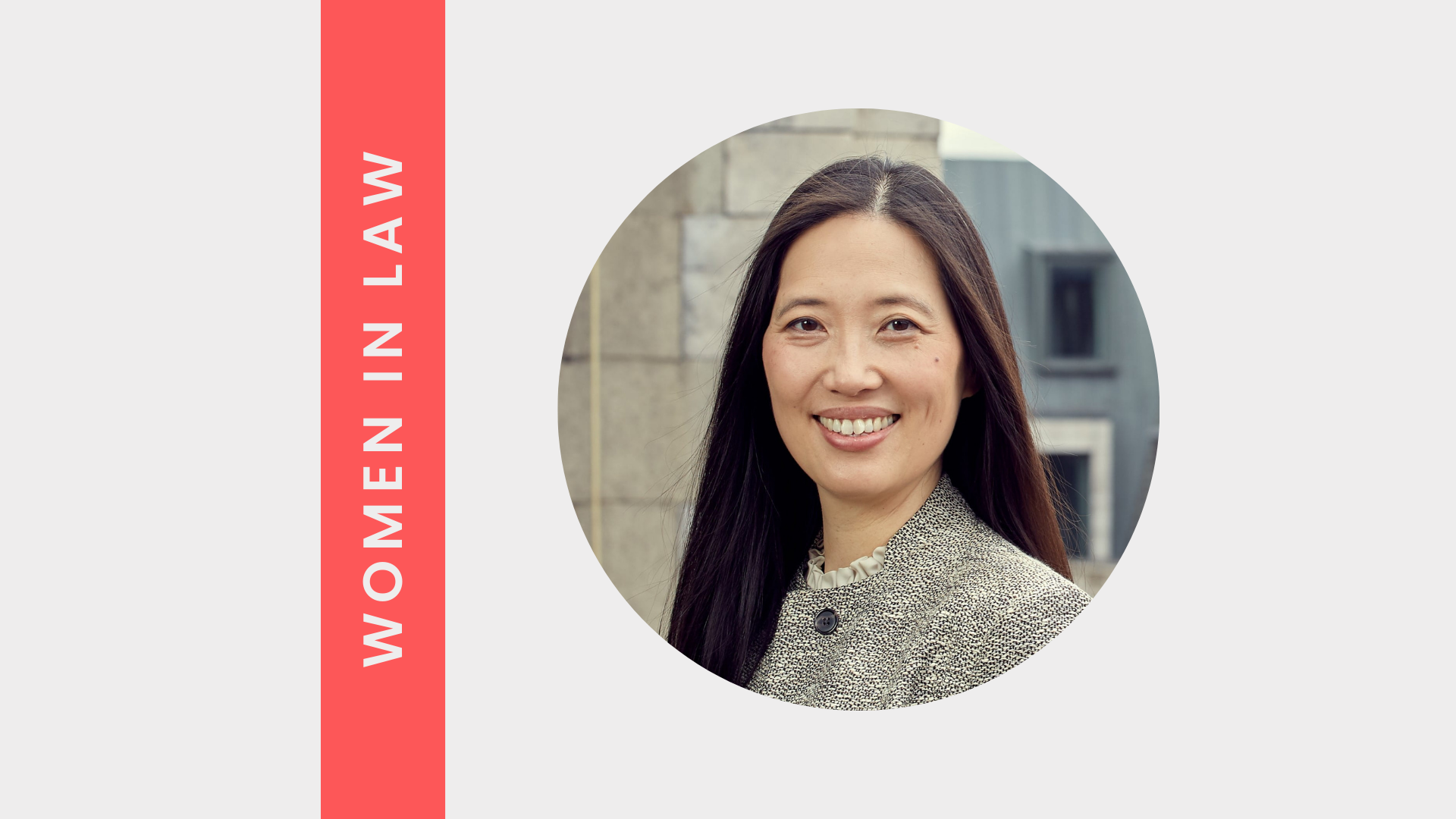Ageism: the elephant in the room?
Scroll through your LinkedIn feed and see how long it takes you to come across an article about gender inequality, bias or sex discrimination. Not long.
Quite rightly, thousands of articles, including our own, have been dedicated to raising awareness, striving for equality for women everywhere – particularly this month, as we celebrated International Women’s Day. As a recruiter, I often come across another form of discrimination, which is barely mentioned in blogs and articles half as much in comparison – that of age.
This typical exchange happened just last month. I was speaking to a client about a really fantastic candidate (a Finance Director) who I felt would be a great fit for their firm – exactly what they were looking for! However, when the client discovered that this candidate was approximately 10 years older than the hiring manager (inferred from the graduation date on their CV) they dismissed them immediately from consideration. Why? Because they were ‘not the right fit’ and ‘overqualified’. Unfortunately, in my line of work I’ve noticed that this is a common occurrence and explanations such as these are often smokescreens for a culture of ageism in hiring.
Aside from being inaccurate – consider older workers’ greater experience; broader skillset; and suitability for mentoring among other things – discriminating due to age is also illegal in the majority of cases, in almost all developed nations. Here in the UK, age is one of the nine “protected characteristics” under the Equality Act.
Evidently, it’s not just at the external hiring stage, age discrimination occurs during internal promotions and sideways moves, in terms of training and development, and even when it comes to redundancy. In a 2017 study, 62% of finance professionals said age discrimination was common in their workplace, and around 30% suspected they had been rejected for a role because of their age. In another, half of employees over 50 believed that their age would be a disadvantage if they applied for a new job and a third saw fewer opportunities for training and progression with their current employer. When it comes to redundancy, the stats show older employees, deemed to be more expensive to keep, are targeted over younger colleagues. A triennial study on how long it takes different age groups to find employment after redundancy shows that older workers are more likely to spend longer unemployed than younger ones, reinforcing what we see at the hiring stage.
This is all happening despite laws being in place. In the US, PwC faced an age discrimination lawsuit from multiple plaintiffs last year, alleging that two-thirds of PwC employees are in their 20s and early 30s; 75% are unmarried and 92% have no children, and that the accounting firm predominantly targets university campuses (and therefore young people) for new hires. A study showed young people have a 538% better chance at securing a job with them than candidates of 40+.
Currently, around 1 in 3 workers in the UK are over 50. The government predicts that by the mid-2030s, half of all adults in the UK will be over 50 and by 2022, there will be 800,000 more older workers and 300,000 fewer 16-24-year-olds entering the workplace. Since the abolishment of the default retirement age in the UK, more over-55’s are now planning to work until at least 70, rather than the previous DRA of 65. This trend means that the economy is going to rely more on older employees.
Employers must be clear on the requirements of the job and consider candidates that are older than themselves if they are qualified – aside from anything else, in an ageing population, you’re seriously limiting your options if you only consider young candidates!
Given that if we continue down the current path, we will all face this kind of discrimination at some point in the future, shouldn’t we simply do something about it now? We did – in the case of our client and the senior FD candidate above, we encouraged them to interview a diverse range of candidates and ultimately, they hired someone they would never have considered before and who turned out to be the perfect fit!
Have you experienced ageism, either as a candidate or recognised it in your hiring processes? How does your firm view senior workers? I’d love to hear more about other people’s experiences. Please get in touch, or leave your thoughts on LinkedIn here.













